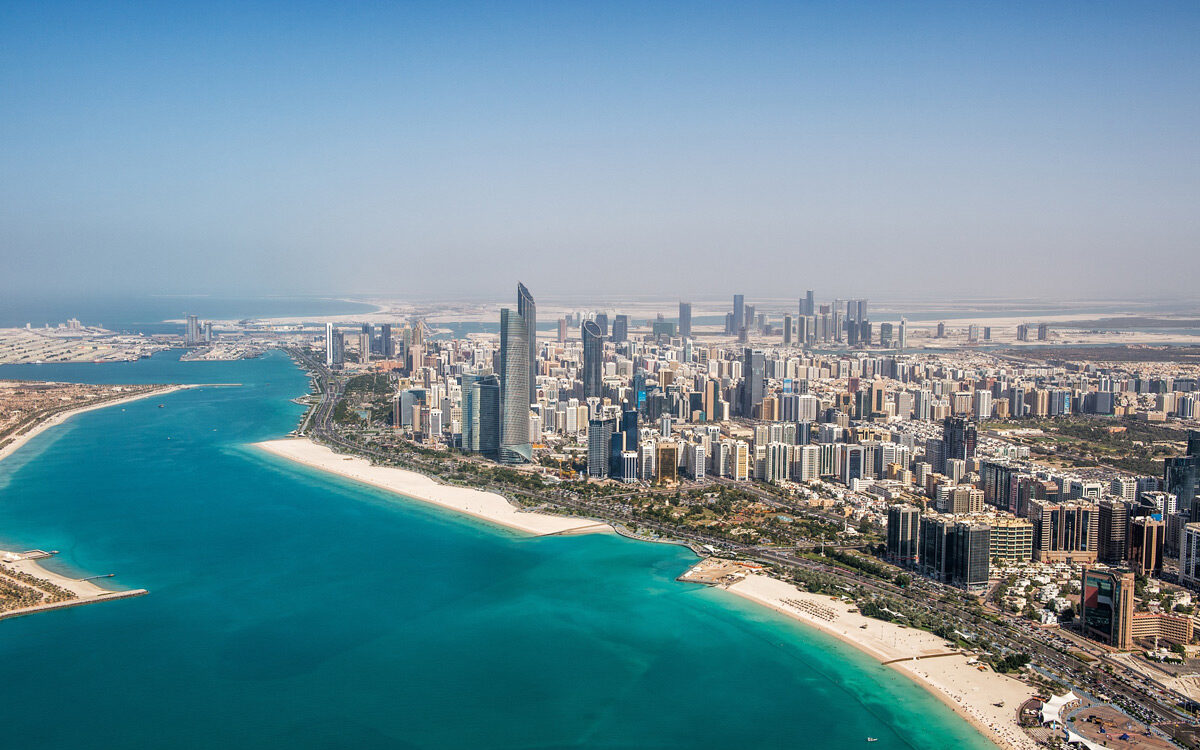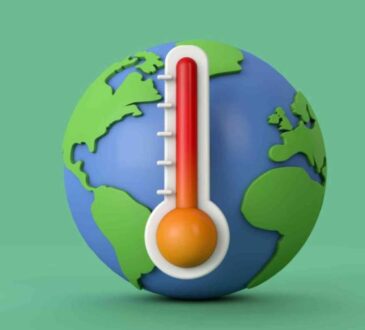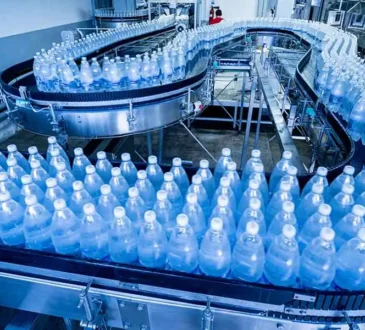Dubai Oceans Summit for sustainable blue economies
The MENA Oceans Summit in Dubai sought to address ocean health, biodiversity, nature-based solutions and sustainable blue economies.
The summit, under the patronage of the Dubai Ministry of Climate Change & Environment and Goumbook a social sustainability enterprise, aimed to accelerate the pace of ocean action and brought together diverse stakeholders around common needs and priorities.
The ‘Blue Economy’ conversations during the summit addressed the advancement of sustainable pathways for the integrated development of sustainable ocean sectors while prioritising ocean health. Industry leaders shared benchmarks and best practices, resulting in action-oriented commitments such as pledges in the fields of climate resilience, pollution reduction, or marine protected areas.
“In the Year of Sustainability, the MENA Oceans Summit will help bolster our dedication to the health and resilience of our oceans, adding further momentum for impactful dialogues at COP28,” said His Excellency Mohammed Al Hammadi, Assistant-Undersecretary of the Biodiversity and Marine Life Sector at the UAE Ministry of Climate Change. He added, “This collaboration propels us forward, united in our mission to safeguard Earth’s delicate marine balance.”
Tatiana Antonelli Abella, co-chair of MENA Oceans Summit and Founder of Goumbook, added, “Earth is a delicate balance of interconnected environments. So the sea, which covers 70 per cent of its surface, plays an extraordinary role in sustaining all life. If we can’t sustain our seas, then they can’t sustain us. It’s time to redefine the relationship. The MENA Oceans Summit wants to bring together the key stakeholders within the region to partner and take action towards ocean sustainability.”
On the need to balance economic development and long-term sustainability, Ramie Murray, Founder and CEO of Dibba Bay, commented, “Sustainable aquaculture not only benefits the wellbeing of our planet but also nurtures marine life in profound ways. By practising sustainable aquaculture, we can provide a safe haven for marine species to thrive, ensuring their habitats remain intact and their populations flourish. By embracing these practices, we can safeguard the biodiversity of our oceans and promote food security in the region, where the wellbeing of our oceans and the protection of marine life go hand in hand.”
Under “Blue Science”, we heard from leading academics in the field of ocean conservation about the best ways to advance research and scientific innovations to tackle the impact of climate change and anthropogenic activities on marine and coastal ecosystems. Besides sharing lessons learned and state-of-the-art innovations and practices, this stream will provide the opportunity to ignite even more collaborative initiatives such as joint research efforts or knowledge-sharing platforms.
One of the key presentations on day one highlighted carbon sinks and the important role our oceans play in absorbing and storing carbon dioxide. Rouba Abou-Atieh, executive coordinator at the Convention on Migratory Species Office in Abu Dhabi, underscored the remarkable contribution of underwater ecosystems saying, “The marine ecosystem, with its vast expanse and intricate biodiversity, serves as a vital carbon sink, absorbing and storing substantial amounts of carbon dioxide.
“Sea grass meadows, within this tapestry of life, emerge as extraordinary champions. Occupying only 0.2 percent of the sea floor, sea grass accounts for 10 percent of the ocean’s ‘blue carbon’ storage capacity. Remarkably, sea grass can capture carbon from the atmosphere up to 35 times faster than tropical rainforests. These underwater meadows stand as remarkable contributors to climate regulation and environmental preservation.”
Elaborating on the wide range of socio-economic benefits that nature offers and emphasising its crucial role in human well-being and climate-resilient economies, several panels and presentations touched upon the concept of nature-based solutions.
“Nature-based solutions, if implemented to a high standard, can contribute to improved environmental health, climate change mitigation and adaptation, and more broadly towards a sustainable blue economy”, explained Marina Antonopoulou, director of Emirates Nature – WWF. “Nature offers a range of socio-economic benefits, can be the cornerstone of human wellbeing, and support a climate resilient economy. On the occasion of World Oceans Day, it is crucial to highlight the significance of safeguarding, reviving, and managing effectively marine ecosystems, integral to ensuring a sustainable tomorrow”, she continued.
Among the international guest lineup, the organizers were honoured to welcome HH Princess Shaikha bint Khaled Al-Saud, Marine Biologist & Conservationist, representing Red Sea Global at the Summit, who explicitly stressed the sources for hope: “In an age of doom scrolling and mass media fear-mongering, actively seek out optimism”, she told attendees. “Don’t lose sight of that glimmer of hope. Just because you don’t see the progress doesn’t mean it isn’t there.”
Goumbook has a strong track record in driving environmental initiatives and promoting sustainable practices in the MENA region through impactful partnerships. After a successful first day, day two saw the Blue Collective at the MENA Oceans Summit engage the youth and community through interactive discussions and collective solution-finding sessions.
The event was attended by more than 550 persons including Government, private sector, researchers, and academia to discuss ocean sustainability on World Oceans Day.





